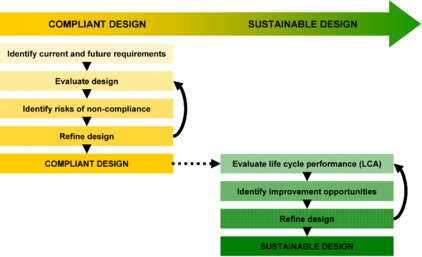
Project Description: Fuel cells are power generation devices which operate by the highly efficient conversion of chemical energy to electrical energy. Fuel cells have historically been used as power generation devices in limited examples, where the high cost of their production does not preclude their application. Development of solid oxide fuel cell technology to instigate greater market viability is on-going, motivated by anticipated environmental benefits through their adoption in place of other power generation technologies. As fuel cells are further developed with a view to extending their wider commercial viability, it is important that the life cycle of the technology and viability in these terms is assessed. End-of-life management of solid oxide fuel cells is primarily defined by their design and material characteristics. The state-of-art solid oxide fuel cell technology was reviewed, alongside legislation which encompasses its use. A framework was defined for end-of-life management of solid oxide fuel cells, verified by case studies. Finally, a tool was developed incorporating life cycle assessment, cost benefit analysis and a novel step to make a risk assessment of compliance with future legislation.
Project Deliverables/Highlights
1. A review of solid oxide fuel cell technology and its place in future sustainable energy scenarios, including a review of legislation which embodies concepts such as Extended Producer Responsibility and Integrated Product Policy.
2. A framework defined for end-of-life management of solid oxide fuel cells.
3. A multi-criteria evaluation methodology, combining life cycle assessment and cost benefit analysis with a novel risk assessment tool for evaluating compliance with current and future legislation.
4. A number of case studies for testing the validity of end-of-life management framework.